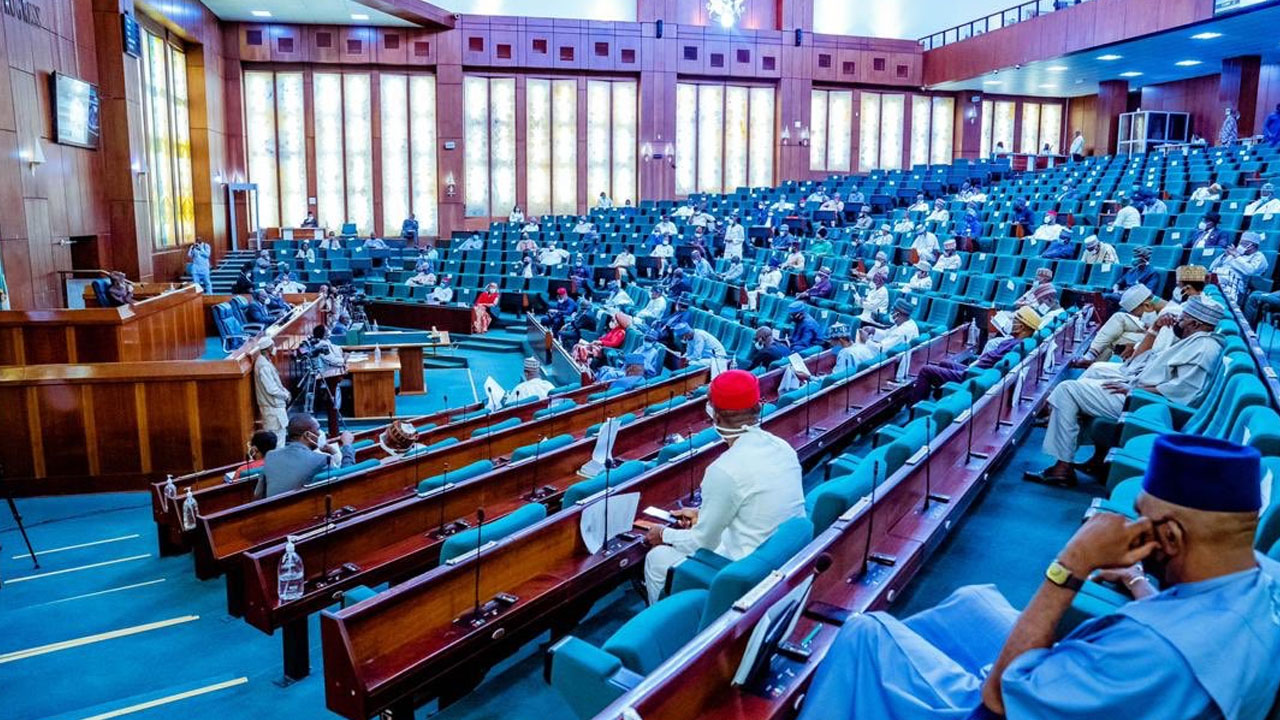
The National Assembly has defended its approval of the 2025 Appropriation Bill, pointing out that the adjustment followed legislative reviews that identified additional revenues from key government agencies.
Concerns over inadequate rail infrastructure funding for the South East were raised, but lawmakers clarified that such projects are largely financed through public-private partnerships (PPPs). The 2025 budget prioritizes light rail development in Lagos, Ogun, Kaduna, and Kano, with further discussions ongoing for South East projects.
Adeola Olamilekan, chairman of the Senate Committee on Appropriations, also noted that key revenue parameters for the budget remain unchanged. The FIRS has increased its revenue target to N25.1 trillion, the Nigeria Customs Service is boosting collection through stricter enforcement, and independent revenue agencies are contributing 100 percent of their generated funds to the Federal Government.
The budget has come under severe criticism from major stakeholders after President Bola Ahmed Tinubu approved $200 million (N300 billion) to ensure continued medical supplies and healthcare for affected patients.
A record N23.7 trillion has been allocated for capital projects, marking a significant leap in infrastructure development. Senator Olamilekan outlined the budget’s focus areas, including roads and railways, education and healthcare improvements, and other critical public infrastructure.
The expanded budget provides significant funding for critical sectors, including N1.5 trillion for the Bank of Agriculture, N500 billion for the Bank of Industry, N1 trillion for the Ministry of Solid Minerals, and N1.5 trillion for a Renewable Infrastructure Fund.
Other allocations include N300 billion for road construction, N400 billion for rail transport, N380 billion for water resources, irrigation, and dam projects, N250 billion for military barracks renovation, N120 billion for new military aviation projects, and N50 billion for border security agencies. In response to the suspension of U.S. health aid for HIV, tuberculosis, malaria, and polio treatments,
To ensure timely budget implementation, the legislative process for the 2026 budget will commence in July 2025. The Medium-Term Expenditure Framework (MTEF) will be submitted early, and the Appropriation Bill is expected by October 2025.



![[FILES] A picture shows the Argentinian flag. (Photo by DANIEL LEAL-OLIVAS / AFP)](https://cdn.guardian.ng/wp-content/uploads/2020/11/Argentina-.jpg)


